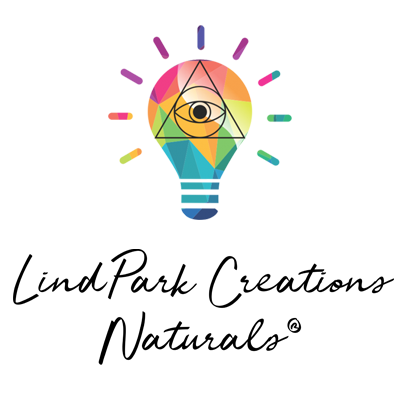Hives can drive people crazy! …. the itchy skin can be relentless. What is hives and what can we do about it?
Hives is also known as urticaria or nettle rash and occurs in about one in five people at some point in their lives.
Hives comprises of an itchy rash with raised bumps called weals. Women seem to be more prone than men and some people experience one or two episodes in their life, while others can develop the condition frequently.
In my case, many years ago, I suffered from a form of hives/urticaria for many years and it was triggered by many things (some are mentioned below).

Cause of Hives
The true cause of an individual’s hives needs thorough investigation by a qualified natural health practitioner.
The book “The Skin Program” is designed to help you establish your own cause of hives, by guiding you through questionnaires and recommending the correct type of testing to have done to identify the cause and then rectify the problem to heal the skin.
Hives however is the response to an allergic reaction instigated by the release of histamine.
Histamine is a chemical released from the mast cells in the skin. It makes the capillaries (the small blood vessels in the skin) dilate. The walls of the capillaries become more permeable and allow clear fluid, called serum, to leak out, causing swelling in the surrounding tissues.
Triggers of Hives
- Exposure to the sun
- Heat / Cold (changes in temperature)
- Contact with a plant / tree
- Medications or vaccinations
- Allergy to a certain food eg seafood, shellfish, nuts, food additives
- Allergy to a heavy metal eg fluoride, aluminium, copper
- Reaction to exposure or spray of perfume
- Soft drinks
- Insect bites and stings
- Pollen
- Animal fur
- Dust mites
- Chlorine
- Pesticide spraying
Symptoms of Hives
The red ‘weals’ that pop up on the skin that are itchy, raised red, and have irregular shapes and can cover small or large surface areas of the body.
Some people develop a form of urticaria known as dermographism, where a red weal appears if the skin is pressed or scratched.
The weals tend to last up to 2 days depending on the exposure to the trigger…then they disappear without a trace.
Symptomatic Treatment of Hives
- To quickly stop the itch, use cold water on the affected area. Then apply a chickweed cream.
- Calendula cream is also useful at reducing inflamation, however chickweed is specific for itching.
- Drink lots of water and remove yourself from any known triggers
- Bath – using lavender essential oil, tea tree oil and eucalyptus oil (2 – 5 drops each).

